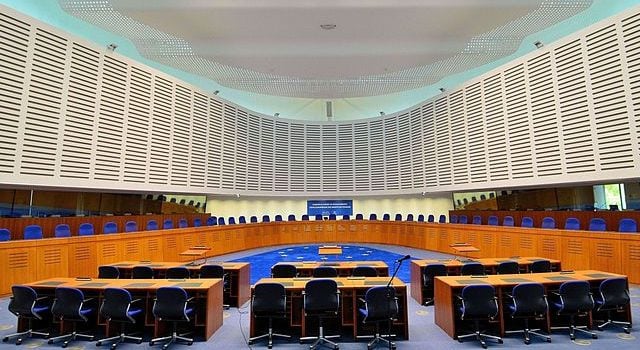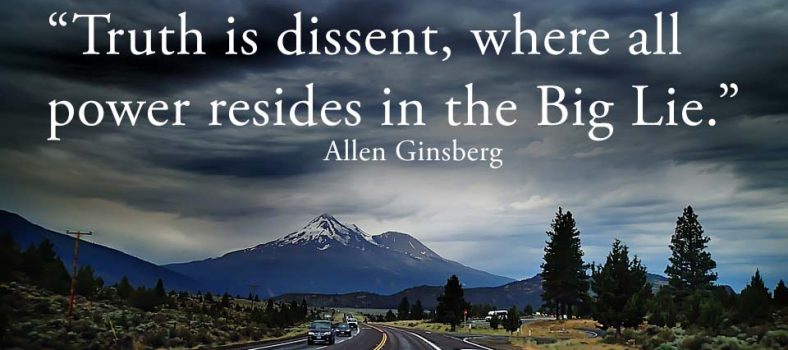A response to “Apostates and cuddly toys”
I’d like to take a moment to compile my thoughts regarding Da Masked Avenger’s piece, “Apostates and cuddly toys,” in which he presents his perspectives on the nature of apostasy from Islam and the behavior of some of those who have left the faith. This is by no means intended to be a comprehensive rebuttal nor do I feel compelled to provide one. I also will not, unfortunately, be touching on the merits of cuddly toys.
This is merely an attempt to capture and document my initial reactions as I read through his piece. As such, I’ll apologize in advance for the disorganization that tends to be characteristic of these sorts of unplanned works. I’ll also offer apologies for not spending as much time on this response as is perhaps warranted. In any event, here goes.
Firstly, though he states that his piece was not “a scholarly dissertation on the Islamic texts pertaining to apostasy” a great deal of his introduction appeared to me to be aimed at mitigating the damage to Islam’s reputation caused by its well known and often discussed punishment for apostasy. By framing Muhammad’s order to kill apostates as a judicial sentence worthy of traitors against a non-existent Islamic state, he posits it as some sort of defunct, non-executable sentence that exists only in the realm of Islamic history.
He also asserts this in a way that would lead us to believe that all Muslims are in agreement with this depiction. The fact of the matter, however, is that the statements of Muhammad upon which the death sentence for apostasy is based are troublingly direct. On the face of it, the most obvious interpretations of Muhammad’s words actually seem to promote some sort of vigilante-style meting out of the death sentence: “whoever changes his religion, kill him.” There is also a narration in which one of Muhammad’s companions refused to sit at a gathering until an apostate who was present had been killed. This did not take place in a court of law and was not executed by a state appointed judicial body. This being the case, it is difficult to argue that all Muslims are in agreement that the execution of capital punishment for apostasy is the “sole preserve of the Islamic state via a duly authorised judiciary and penal authority.” Even if this were the case, it would not make this sentence any less horrific.
Nonetheless, I’d agree with the idea that the threat of death for apostasy is less real in some states than in others, with little thanks due to Islam for this reality.
The second issue that I’d like to address has to do with his categorization of apostates based on their attitudes and actions regarding Islam. Paraphrasing his words, he essentially differentiates between apostates who leave the religion quietly, those who occasionally speak out against certain aspects and practices of the faith, and those who have embarked on a “crusade” against Islam as the manifestation of a sort of “personal vendetta.” The latter is the group with which he claims to have the biggest contention.
I’d suggest, however, that in his contention with this most vocal group, he may miss out on an extremely important distinction. While Muslims are a diverse set of individuals with rights protected under the law, Islam is a collection of ideas with no such protection against scrutiny and criticism.
Muslims, like any other group, are free to practice and behave as they will within the framework of our legal system as enshrined in our secular democracy. I will personally defend their rights to do so. This does not inhibit me in the least from speaking out against those aspects of Islam—or any other ideology for that matter—that are contrary to those rights and values. Indeed, in every example he brought forth of alleged “excoriation” of Islamic practices, the underlying theme has not been that these actions are opposed because they are done by Muslims, but because of their potential to infringe upon the rights of others.
As it relates to gender segregation at universities, for example, the issue is not whether Muslims have the right to sit where they like. In an open venue, this is already expected. If a group of Muslim women decided to all sit in the same general area, as groups of friends do in auditoriums and theaters across the world, I would have no desire to break them up and tell them they must sit next to strange men. The issue is forcibly mandating gender-specific areas and denying other people—men and women alike—of their right to sit where they like.
The issue of circumcision is another example. I am circumcised myself and I have heard many interested parties say that they find the general look of a circumcised member more aesthetically pleasing than its unadulterated alternative. But when the rights of all parties are considered, it is not beyond the realm of reason to suggest that unnecessary, superstitious procedures should have the consent of those upon whom they are performed. As such, the issue moves beyond the sphere of individual religious practice and into the realm of children’s rights. It is a debate that is worth having, regardless of what Islam prescribes.
And so on: the issue of halal slaughter is not merely one of personal dining preference but also one of the ethical treatment of animals and our responsibility as a society towards the sentient beings we raise for consumption. The discussion of the face veil (which I am personally against banning) also includes the protection of the rights of women and girls who may be forced to wear it.
When we as ex-Muslims take up these causes and speak out against certain practices, it is not an attack upon Muslims but a form of advocacy for human rights and values. Democracy involves the balancing of individual rights against the welfare of the society and the greater good. Actions that run contrary to this can not be excused through the invocation of religious freedom.
This concept also remains pertinent when the conversation moves beyond the criticism of particular practices and on to scrutiny of the Qur’an, the Ahadith, and the many troubling ideas and doctrines that have emerged from Islamic literature. While Da Masked Avenger did not overtly suggest this in his piece, the case is often asserted that criticism of Islamic texts is somehow rooted in “Islamophobia” and indicative of an intrinsic hatred towards Muslims on the part of the criticizer. Again, Muslims have rights as all people have rights; books and ideas do not. I too advocate a very public debate of Islamic beliefs and doctrines as I am comfortable that such scrutiny will expose the untenable nature of many Islamic claims. Those who wish to silence us are not those who engage with us, but those who seek to stifle all conversation under the guise of preserving “religious freedom.”
Islam exists in the public sphere. Through its followers, it is asserted in many different forms and manifestations, ranging from the only religion acceptable to be practiced openly to one of many spiritual paths to discovering the divine. None of these manifestations can claim immunity from scrutiny, criticism, debate, satire, humor, disdain, or opposition. We ex-Muslims have just as much right to Islam, to do with as we will publically, as do those who still believe it to be true.




